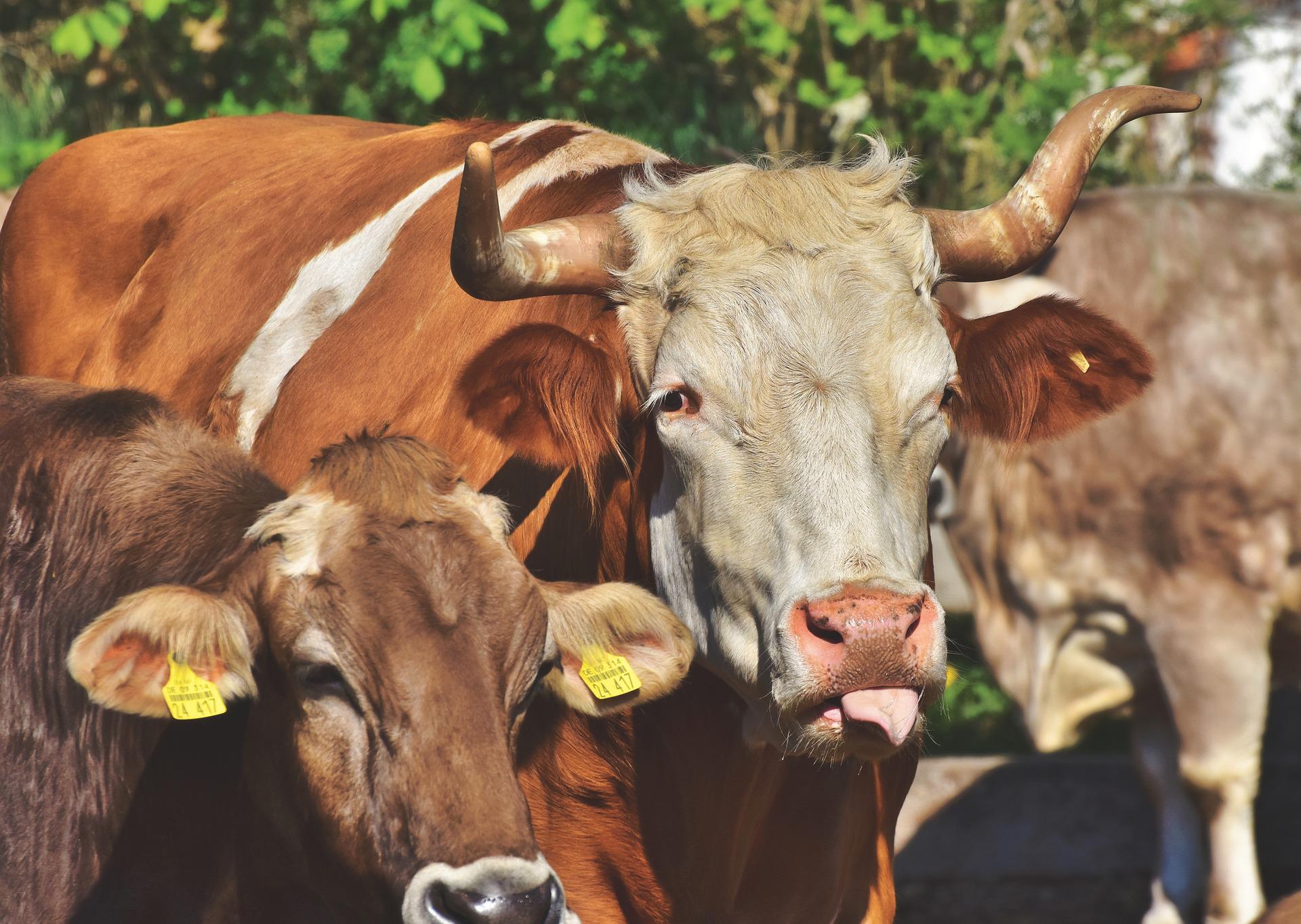The past 40 years has seen conception rates in cattle fall by 20%, costing the average UK dairy farmer over £37k each year. Vets currently rely on visual assessments when analysing semen quality on farms, namely using an optical microscope to estimate cell concentration and the percentage of motile spermatozoa. However, this technique has an associated human error of over 10% for standard semen concentrations and across the whole industry, there is no reliable method or quality control standard for vets or farmers to check semen quality before reproduction. Models predict that increasing cattle conception rates could reduce the carbon footprint of farming by up to 20% (Garnsworthy, P., 2004). A new and more accurate technique to assess semen quality is therefore a win-win-win: it helps farmers, improves animal welfare and is better for the environment.

To address the above challenges, Dyneval have built the Dynescan, a portable instrument that provides reliable measurements of semen quality on the farm so that damaged or inferior quality semen can be discarded. This ensures that only top quality semen is used for reproduction and will save many cows from returning for insemination, improving both their welfare and the operational efficiency of farms. The Dynescan is based on technology that has been under development for many years by soft matter scientists at Edinburgh, including Wood and Martinez, to characterise and study complex fluids. It provides reproducible motility measurements with standard deviation errors of under 3% for measurements taken from the same batch of semen.

Dyneval has secured a £575k grant from Innovate UK under the “Transforming Food Production: Series A Investor Partnership Programme”. An additional £1.293m of equity investment has also been raised through lead investor support from Jim Dobson of Cottagequinn Enterprises Ltd within the Series A Partnership, and a collaborative funding investment round led by Kelvin Capital and supported by Par Equity, Gabriel Investments and Scottish Enterprise.
December 2021 will see Dyneval move to a new address at the Roslin Innovation Centre at the University of Edinburgh’s Easter Bush Campus. This places the company within one of the densest clusters of animal-related science expertise in Europe. The Dynescan will be market-ready in January 2022 and it is Dyneval’s aim to become the experts’ choice for semen analysis. ECFP wishes Tiffany and Vincent all the best in this exciting endeavour!
Please get in contact with us to find out more about ECFP and whether we can help you.
ECFP delivers fundamental product insight enabling improved formulation and processing for a more sustainable future.